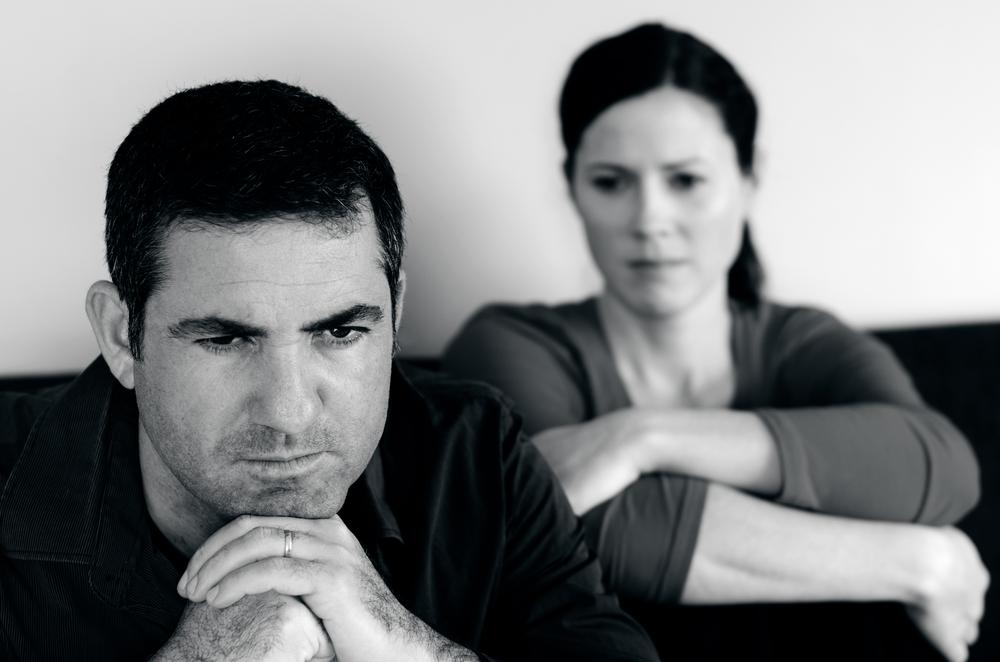Sarah, Jon’s girlfriend of three years, experiences Jon as “bafflingly defensive.” Jon responds that he has been called “defensive” by every woman he’s ever dated.
Not surprisingly, he denies his own defensiveness and blames his ex-girlfriends for being demanding, impossible to please, aggressive, and—his favorite criticism—controlling.






